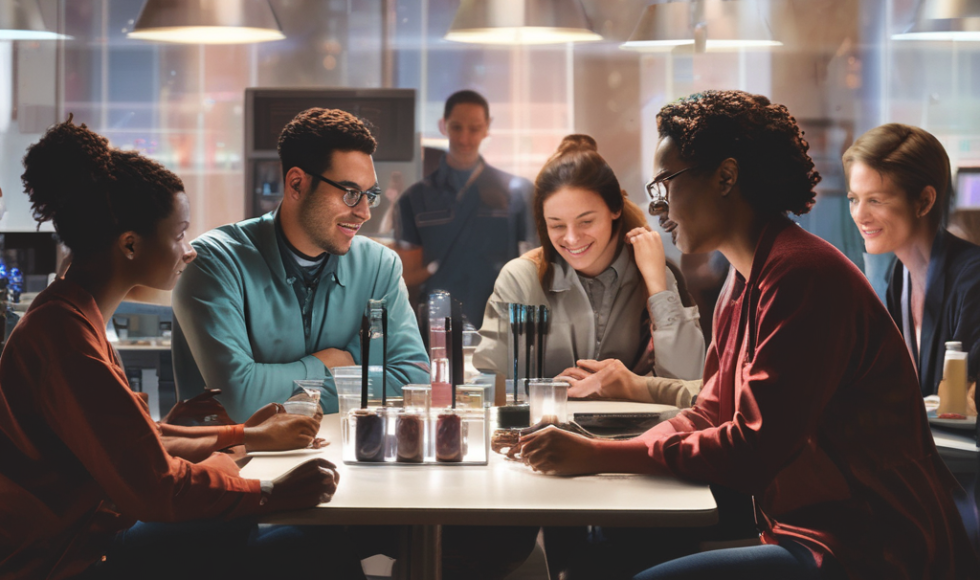The last London Calling 2024 studio interview recording was on equity and accessibility in science. Zoe McDougall asked speakers after the day what were the highlights. Ewan Birney from EMBL-EBI was excited about the impact sequencing is having in the clinic. Jasdeep Ghataora from the University of Bristol in the UK also spoke about the speed of clinical diagnosis and the portability of the technology. Carika Weldon from CariGenetics in Bermuda noted how nanopore sequencing technology has brought people together and encouraged change and collaboration. Carol Greider from the University of California in Santa Cruz noted that the sessions emphasized issues in equity and how nanopore sequencing is increasing access and knowledge of biodiversity. McDougall shared questions the STEM students came up with to ask the panelists. One question they directed to Oxford Nanopore Technologies CEO. Birney elaborated by saying that even if in research the answer isn’t what you expect or a little bit dull, these are not risks but new discoveries. Sometimes, Birney explained, there are scientific topics that are difficult to discuss yet needed. Weldon spoke about changing the conversation, listening, and learning. Weldon said that if you don’t do it, then you don’t learn. Greider spoke to the students about experiencing and allowing their curiosity to emerge. “Being there and doing it,” Greider said, helped them learn and become more curious. Ghataora spoke about being in charge of their life and taking on a new journey. Birney discussed the growing diversity in science and interactions with industry. This session highlighted how these researchers have had different journeys and yet share their passions for discovery and taking intellectual risks to learn new things.



